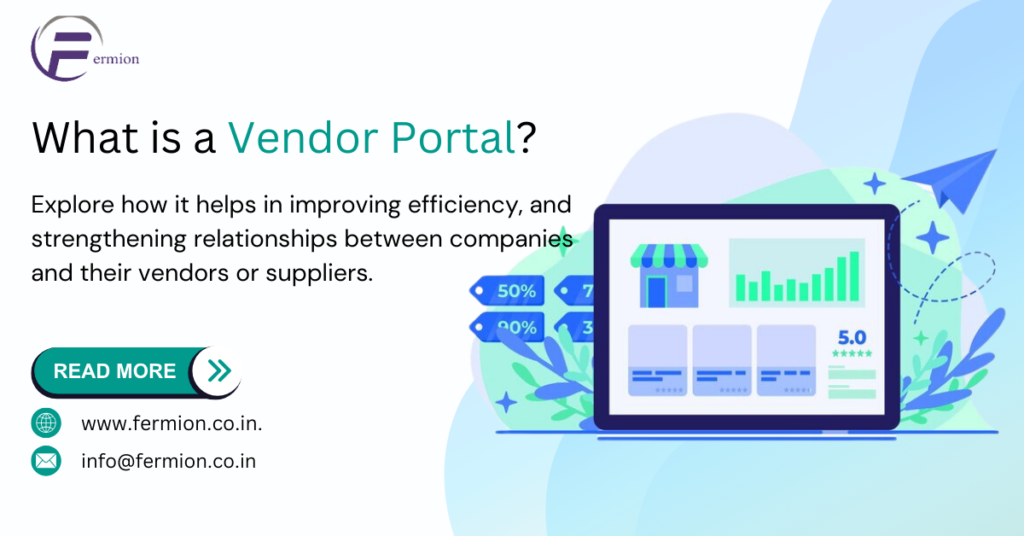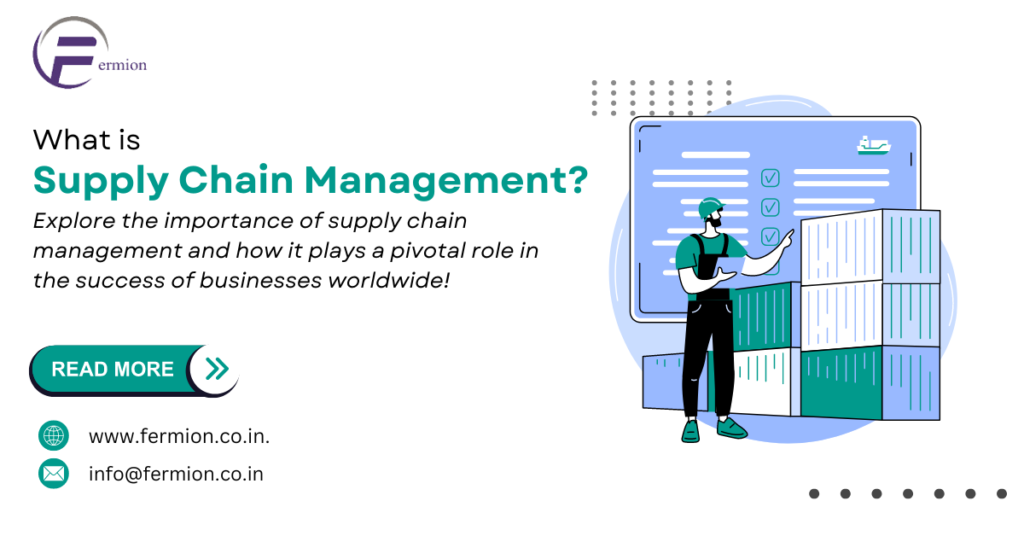What is a Vendor Portal?
A vendor portal is a web-based platform that allows businesses to interact and collaborate with their vendors, suppliers, or external partners. It serves as a centralized hub where various stakeholders in the supply chain can access and exchange information, conduct transactions, and manage business processes. Vendor portals are designed to streamline communication, enhance collaboration, and improve overall efficiency in the procurement and vendor management processes.

Here are some advantages of using a vendor portal:
Centralized Information: Vendor portals provide a centralized location for all relevant information, such as product catalogs, pricing details, order history, and invoices. This helps both the company and its vendors access up-to-date and accurate information.
Real-time Collaboration: The portal facilitates real-time collaboration between the company and its vendors. This can include communication on order status, inventory levels, and other important updates, leading to better coordination in the supply chain.
Efficient Procurement: Vendor portals streamline the procurement process by allowing vendors to submit electronic quotes, receive purchase orders, and manage order fulfillment online. This automation reduces paperwork, minimizes errors, and accelerates the procurement cycle
Order Tracking and Visibility: Both parties can track the status of orders and shipments through the portal. This visibility helps in proactively addressing any issues related to delays, stockouts, or other logistics challenges.
Improved Communication: Enhanced communication channels within the vendor portal lead to better understanding and alignment between the company and its vendors. This reduces the likelihood of miscommunication and fosters a stronger business relationship.
Cost Savings: The automation of procurement processes and reduction in manual paperwork contribute to cost savings for both the company and its vendors. This can lead to more competitive pricing and increased overall efficiency.
Compliance Management: Vendor portals often include features to manage and ensure compliance with contractual agreements, quality standards, and regulatory requirements. This helps maintain consistency and quality in the supply chain.
Data Analytics: Vendor portals may incorporate analytics tools that provide insights into purchasing patterns, supplier performance, and other key metrics. This data-driven approach can inform strategic decision-making and optimization of the supply chain.
Scalability: Vendor portals can easily scale to accommodate growing business needs and an increasing number of vendors. This scalability ensures that the platform remains effective as the company expands its operations.
In summary, a vendor portal is a valuable tool for fostering collaboration, improving efficiency, and strengthening relationships between companies and their vendors or suppliers.


